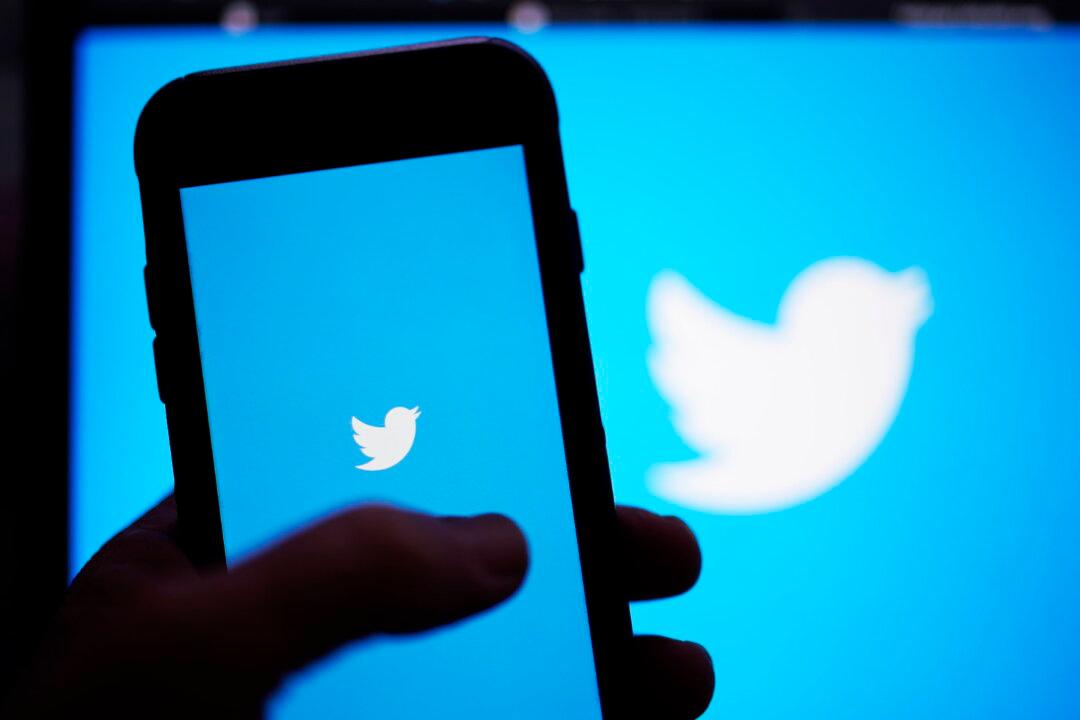Twitter says it’s rolling out a new “crisis misinformation” policy that is intended to target false information during an international armed conflict or other crisis events.
“To determine whether claims are misleading, we require verification from multiple credible, publicly available sources, including evidence from conflict monitoring groups, humanitarian organizations, open-source investigators, journalists, and more,” the social media company stated in a post on May 19.





